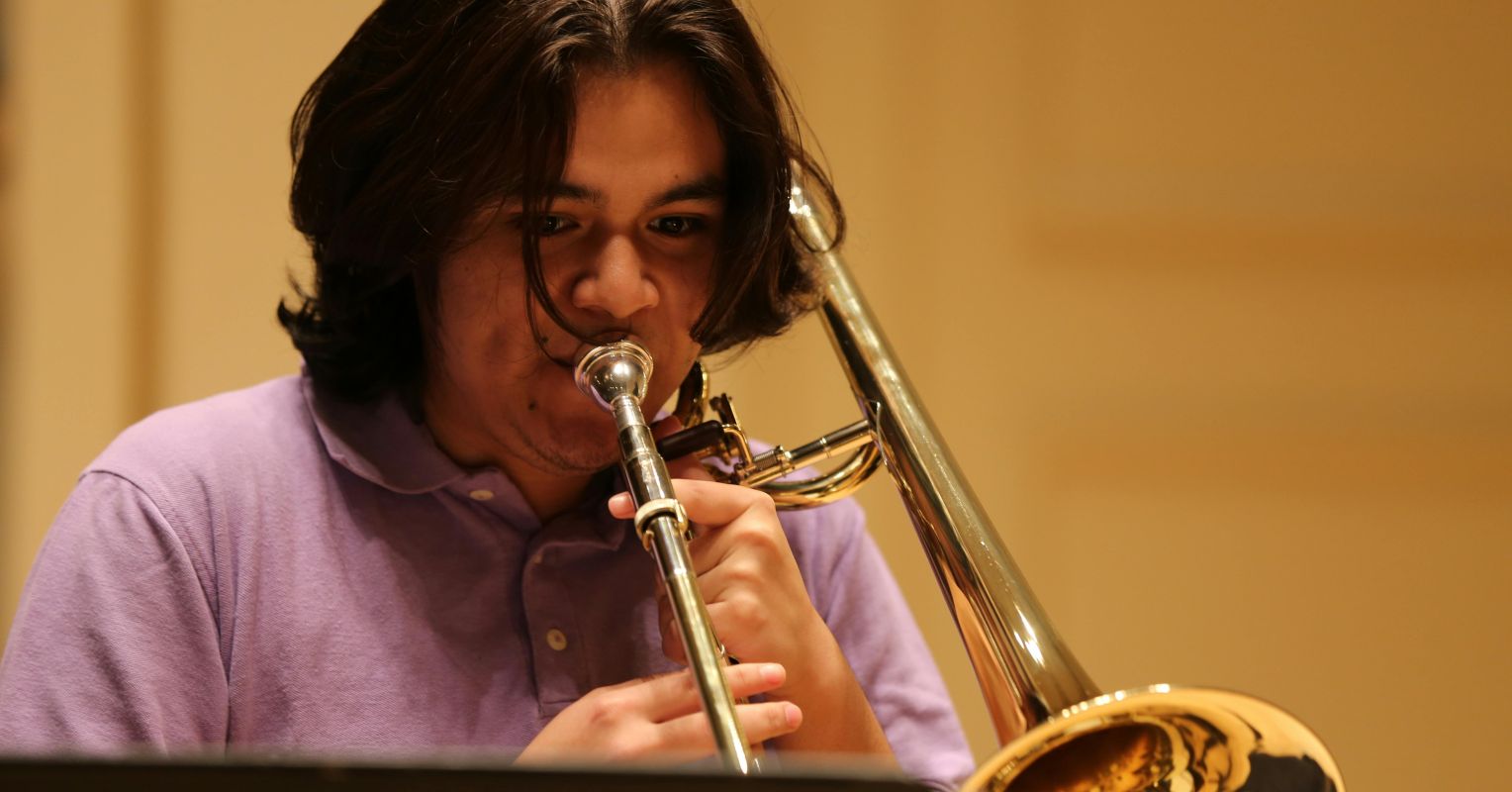
"Muscle tension is a habitual response to perceived threat, interfering with musical performance, as musicians struggle with their ability to sound notes confidently."
"The phenomenon, often called 'musical stuttering,' arises when musicians experience muscle constriction in response to fear, particularly affecting throat and tongue."
"Gestalt psychotherapy and the Alexander technique offer effective methods to retrain the body, helping musicians release tension and improve performance."
"Many brass players refer to an involuntary airway blockage at the start of musical phrases as the Valsalva Maneuver, a term borrowed from a breathing technique."
The article discusses the phenomenon of hesitation in sound production among music students, commonly known as 'musical stuttering' or referred to as the Valsalva Maneuver. This issue often stems from muscle tension in the throat or tongue, activated by fear or anxiety about performing. The author, drawing from experience in teaching and psychotherapy, emphasizes how this tension disrupts airflow and performance, and suggests using Gestalt psychotherapy and the Alexander Technique to retrain the body, thus promoting better musical expression and reducing anxiety.
#musical-performance #psychological-block #muscle-tension #gestalt-psychotherapy #alexander-technique
Read at Psychology Today
Unable to calculate read time
Collection
[
|
...
]